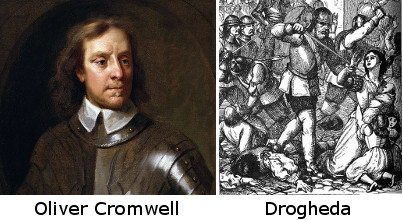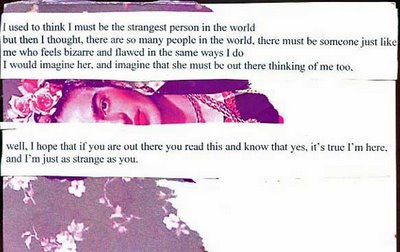John Nalson? Oliver Cromwell? Tom Quick? Anonymous?

Question for Quote Investigator: Historically, non-combatants have sometimes been deliberately attacked during warfare. A cruel motto has been employed to rationalize the targeting of young people. Here are three versions:
Nits make lice.
Nits will become lice.
Nits will be lice.
A “nit” refers to the egg of a head louse especially when it is attached to a human hair. Would you please explore the provenance of this saying?
Reply from Quote Investigator: Warning: This article discusses cruel and inhumane activities. The earliest evidence located by QI appeared in a 1683 book by an English historian named John Nalson titled “An Impartial Collection of the Great Affairs of State from the Beginning of the Scotch Rebellion in the Year MDCXXXIX to the Murther of King Charles I”. While discussing warfare in Ireland the author stated that barbarities were committed by combatants on all sides. He also stated that one of his relatives who had served in the military heard the motto spoken during battle. Boldface has been added to excerpts:1
. . . I have heard a Relation of my own, who was a Captain in that Service, Relate, that no manner of Compassion or Discrimination was shewed either to Age or Sex, but that the little Children were promiscuously Sufferers with the Guilty, and that if any who had some grains of Compassion reprehended the Soldiers for this unchristian Inhumanity, they would scoffingly reply, Why? Nits will be Lice, and so would dispatch them . . .
Here are additional selected citations in chronological order.
Continue reading “Quote Origin: Nits Will Be Lice”
